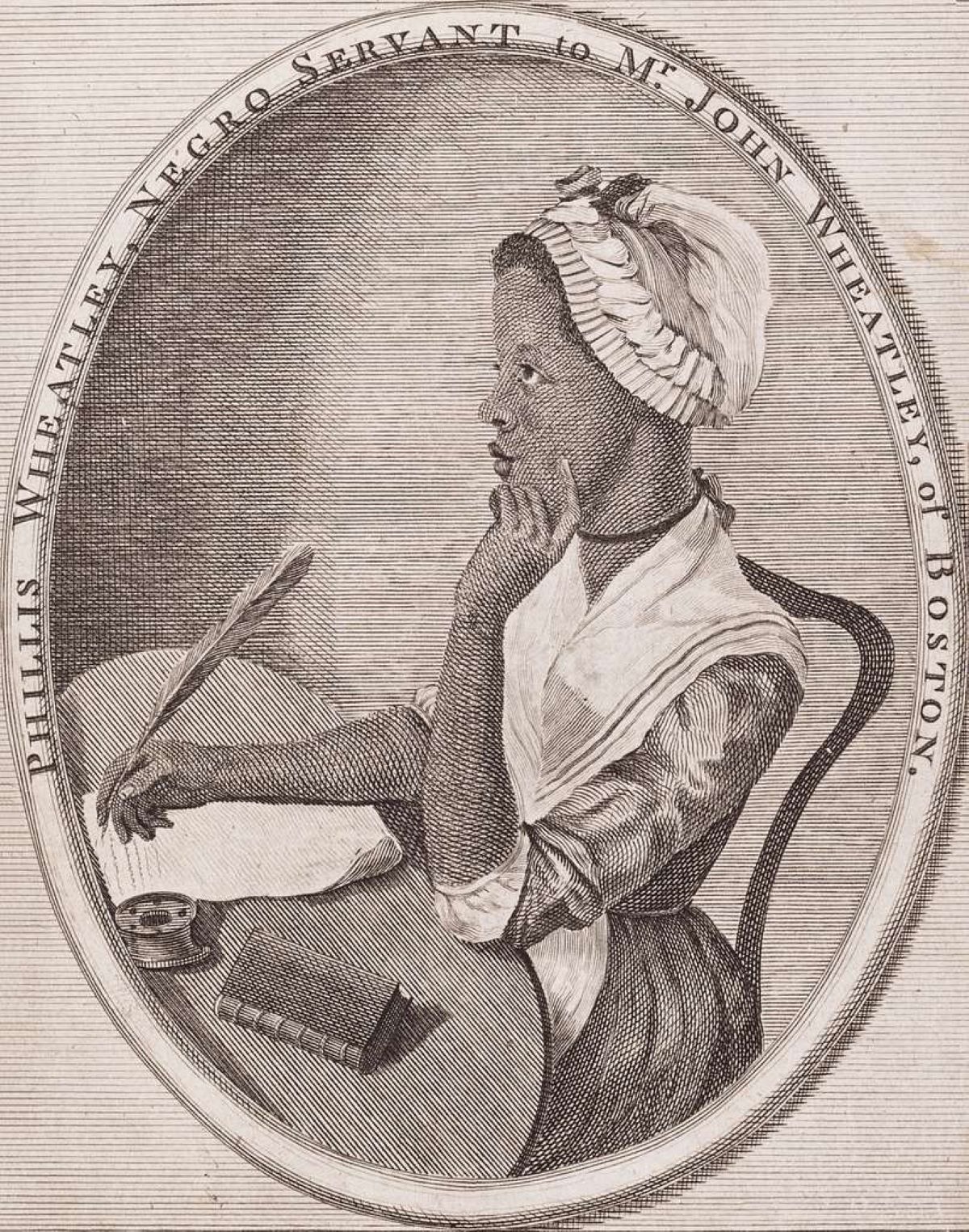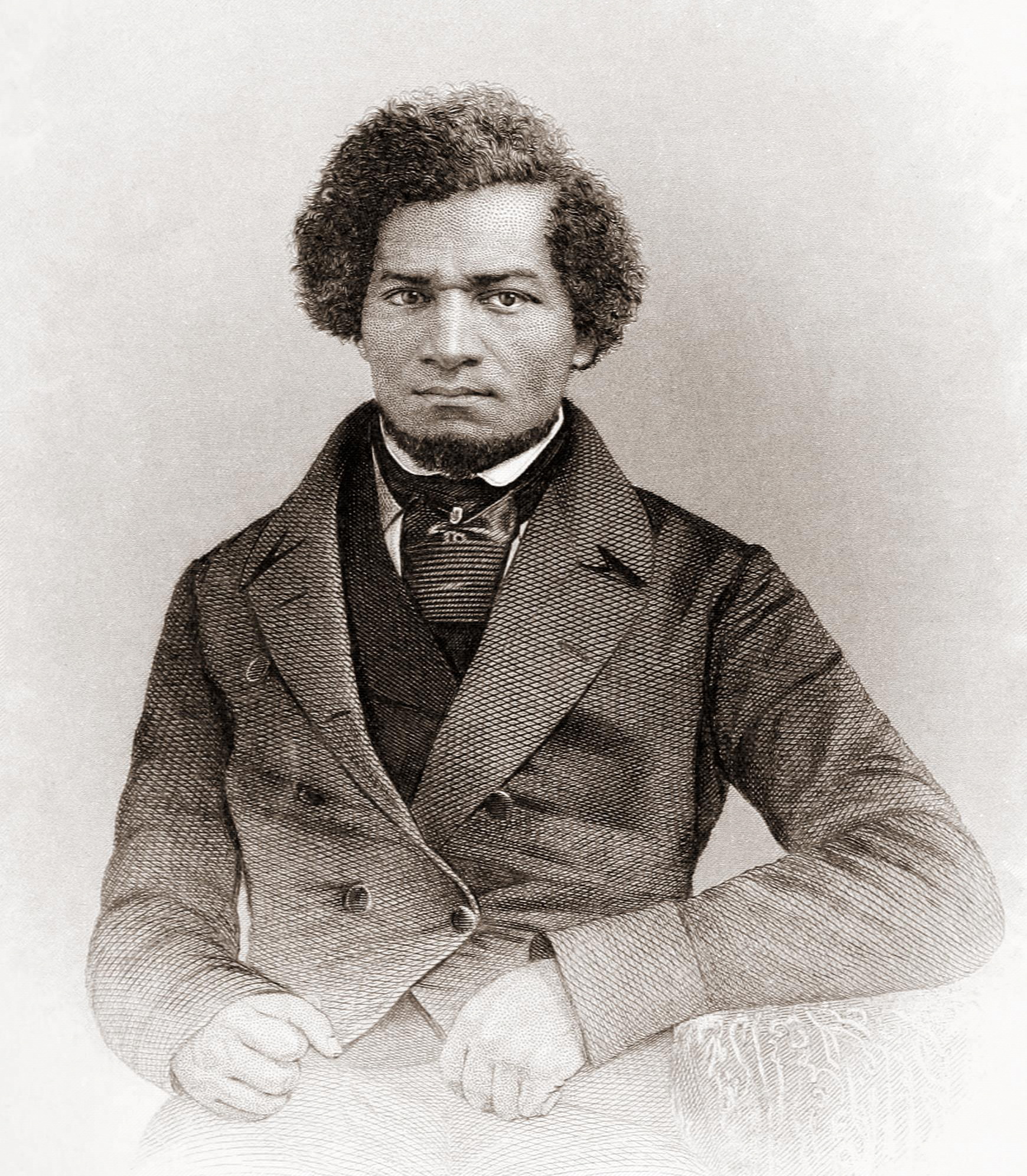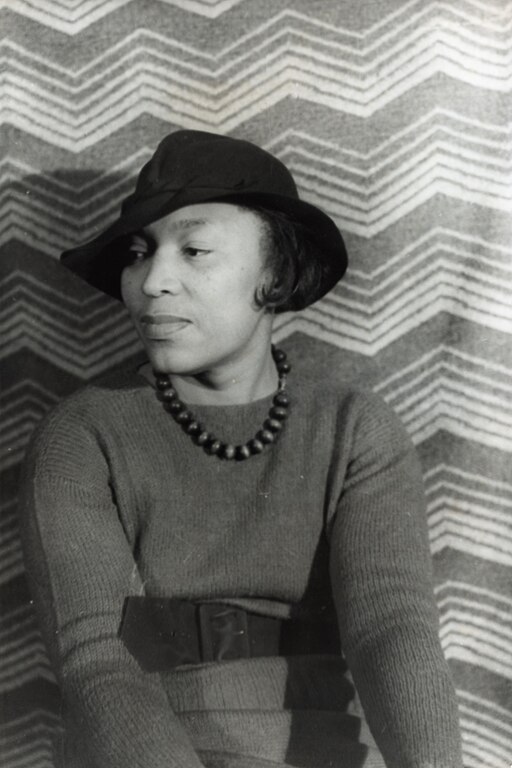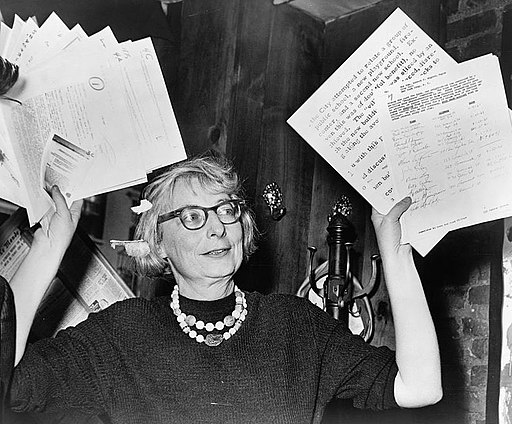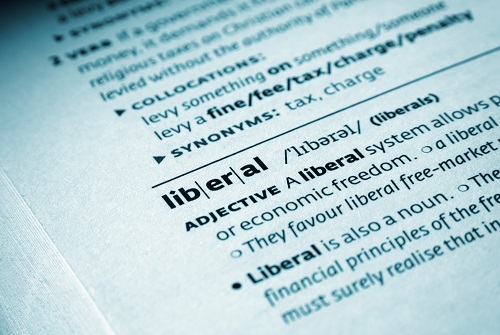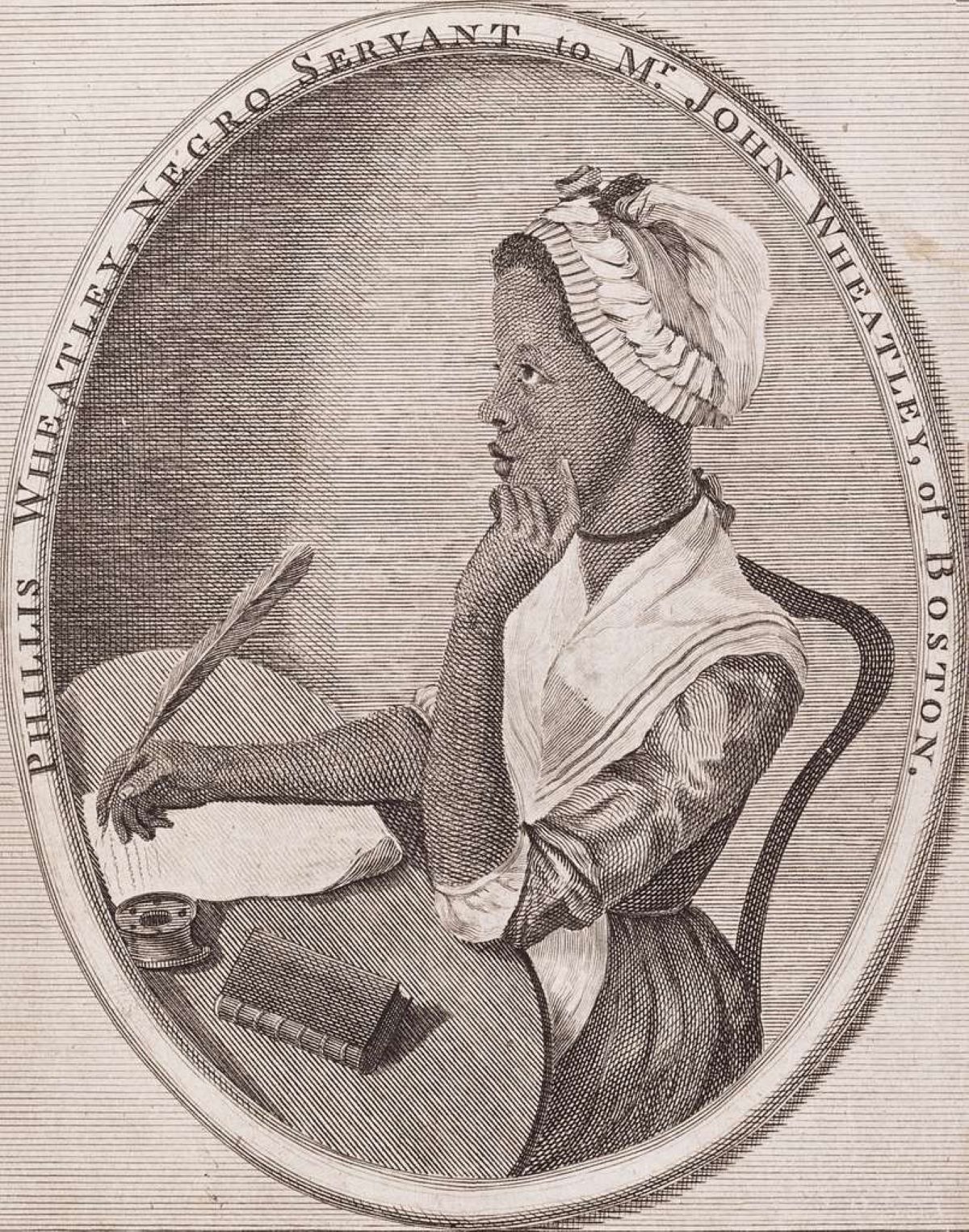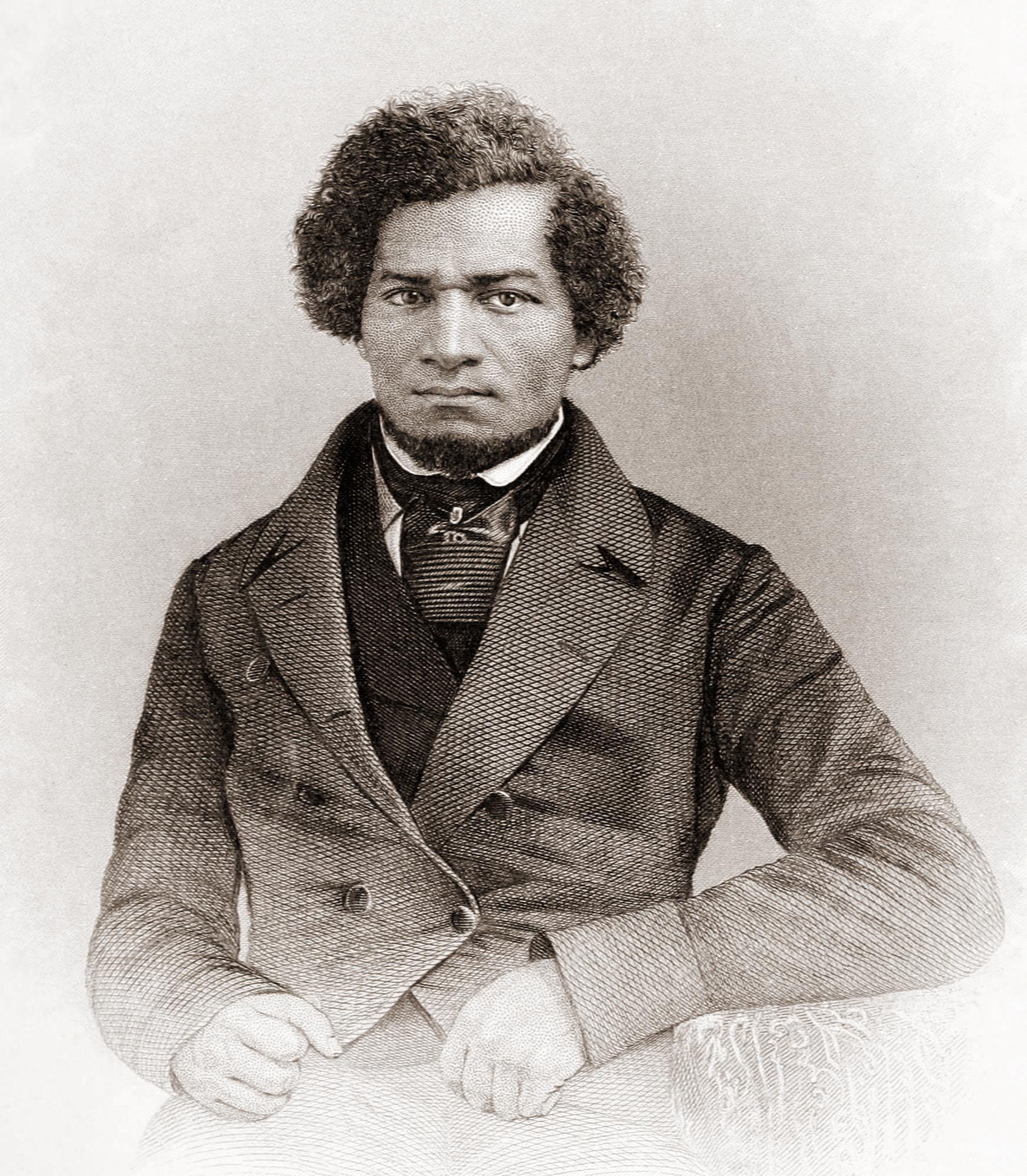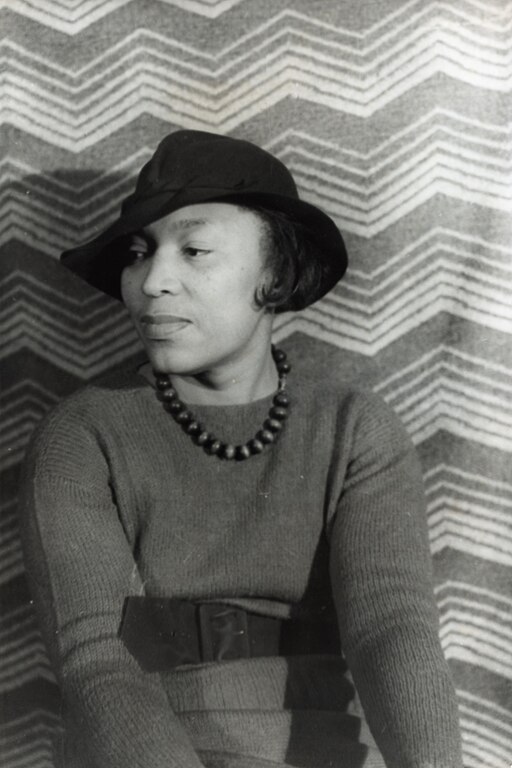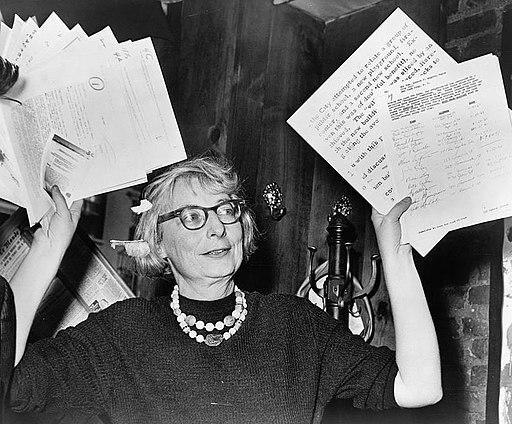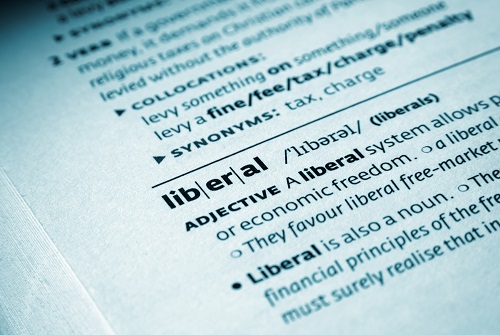
Classical liberals aren’t famous for their anti-racism, but maybe they should be. In our research for
Black Liberation Through the Marketplace, we were astounded to discover that classical liberals have a consistent legacy of pushing back against racist policies by appealing to individual rights. After deeper dives on the putrid legacy of racism, xenophobia and pseudo-scientific eugenics on both the left and the right, we were struck with another thought: while forms of ethnic prejudice are ubiquitous in American history, the classical liberal tradition seems largely bereft of virulent racists. If this is generally true, something about the paradigm of individual rights may naturally push back on group oppression, even if the one pushing back has no particular sensitivity to that group. In other words, the principled nature of classical liberal commitments forces even personally prejudiced people to make neutral policy choices and legal judgments. We’ve asked fellow scholars to discuss particular figures in their responses but we’d like to sketch out the evidence we’ve found for these claims.
Classical economists
We start with the classical economists, who stand out from their detractors as genuinely anti-racist abolitionists.
Adam Smith condemned slavery throughout his works in the 18th century. He argued that property in one’s own labor is the most sacred and inviolable of all property claims, as it grounds the rest, and these very words are inscribed on his grave to this day. He argued against the economic advantages of slavery as well, since slavery removed incentives to work and create and limited the ability of the enslaved group to match their skills and talents to the needs of the market economy. In the middle of the 19th century,
John Stuart Mill took up the mantle of free market economics and civil liberty. He contended that human nature operates in basically the same way no matter the race of the person.
This claim of equality between the races infuriated Thomas Carlyle to the point that he slandered the entire discipline of political economy in his “Occasional Discourses on the Negro Question” by labeling it “the dismal science.”
Abolitionists
These economic insights translate directly into the anti-tariff and anti-slavery Christian
non-violence movement of Richard Cobden and John Bright. In turn, they influenced an array of American abolitionists including William Lloyd Garrison, Harriett Beecher Stowe, and
Ralph Waldo Emerson. Eventually, Garrison’s student Frederick Douglass would tour England and Ireland with Bright, advocating for free trade, which meant cheap food for the poor. Douglass copied the
Anti-Corn Law League playbook in his abolitionist efforts and explained to his socialist unionist friends that their zero-sum ideas about trade were not “villainy,” but mere “honest stupidity.”[1]
American Founders
The anti-racist sentiment of liberalism is also in America’s founding. In spite of the execrable practice of slavery in British North America, American founders such as
John Adams and
Benjamin Franklin were open abolitionists. Recent scholarship has unearthed
Thomas Jefferson’s serious intellectual effort in trying to think of practical plans to eliminate slavery. He lamented its destructive effect on the
manners and morals of the country.[2] The framers also included the 1808 elimination of the slave trade in the
Constitution and explicitly hoped that natural economic forces would make slavery inoperable. At the time, it wasn’t odd that they thought this; they didn’t anticipate the invention of the
cotton gin.
As such, Phyllis Wheatley, the first female published poet in US history and a slave, could write paeans to
George Washington in one poem, praising his battle for liberty, and in another recall to the minds of her readers that the same logic ought to apply to those “snatch’d” from their “parents’ breast”:
Such, such my case. And can I then but prayOthers may never feel tyrannic sway?
And here, Wheatley draws the same contrast in one fell swoop:
But how presumptuous shall we hope to findDivine acceptance with the Almighty mind
While yet o deed ungenerous they disgrace
And hold in bondage Afric: blameless race
Let virtue reign and then accord our prayersBe victory ours and generous freedom theirs.
America’s founding ideals and appeals to inalienable rights provided the intellectual and rhetorical foundation for many different rights movements–especially those calling for racial equality. As early as the 1770s, groups of enslaved Black Americans
appealed to Massachusetts with the popular concepts of natural rights and moral equality to argue for Black freedom. The ideas of individual liberty and equality were so ingrained in the young Republic, that some
anti-Federalists used the rhetoric of the
Declaration to argue against a Constitution that allowed the existence of slavery: “Where is the man, …can lay his hand upon his heart and say, I am willing my sons and my daughters should be torn from me and doomed to perpetual slavery?... [yet] this is what every man ought to be able to say, who voted for this constitution…”[3] It was blatantly obvious to some anti-Federalists that slavery ran contrary to the liberal ideals that the nation was founded upon. Such language was common and well-known. During the founding generation slavery was considered, at best, a necessary evil. They hoped that economic circumstances themselves would eliminate the institution and thus remove the obvious incongruence, and therefore internal threat, to their burgeoning free society.
Many of these facts will be well-known to readers. America combines two philosophical strands within classical liberalism. First, the English common law system requires judges to decide ambiguous legal decisions based on an assumption of natural liberty. Second, the burgeoning Enlightenment emphasized anti-monarchical sentiments based on individual rights and the consent of the governed. Taken together, these served to create an uncongenial environment for group-based oppression. This may sound hypocritical, given the persistence of American slavery. But this highlights that, while good ideas can be extremely powerful, the material status quo can often overwhelm them, especially when that status quo is tied to a visible difference like color.
U.S. Civil War
Even worse, this departure from the founding principles led to the development of false and distorted ideas to justify the unjustifiable. This is what happened in the American South, where slavery defenders replaced the concept of ‘
necessary evil’ with ‘positive good’ in an attempt to beat back the abolitionist onslaught in the 1830s. Southern planters defended themselves with Bible verses while excising whole books to create a “
Slave Bible” that would avoid fomenting rebellion.[4] Southern slave owners commitment to limited government was belied by layers of privilege-seeking. They pawned off onto their state governments the costs of all of the legal confusions and enforcement problems that arise when a piece of ‘property’ has a will of his or her own. Slaveholders like George Fitzhugh theorized their own forms of socialism and paternalism to defy the Northern capitalists and defend the planters’ way of life.[5] They despised the free labor and free markets of the North and they said so! Ultimately, slavery distorted slave owners liberal commitments, and their religious commitments.
We take note of these things to sharpen our understanding of the past, not to excuse it. The maintenance of systems of group-based oppression didn’t benefit from the classical liberal commitment to legal neutrality between persons. On the contrary, it departed from it and tied itself in knots to try and escape from the demands of a free society. The founding generation understood that maintaining the tension between two fundamentally opposed systems was entirely unsustainable and would doom the Republic.
Abraham Lincoln carried on this tradition in his 1858 House Divided speech where he warned that the US would either end slavery, or the entire American experiment would fail. We emphasize this to counter the claims that slavery fit well with the American system or that liberalism and oppression are somehow comfortable with one another. American ideas and the American experience show classical liberalism’s enmity to slavery.
Unfortunately, war proved necessary to establish free labor over slave labor. During the Civil War, prominent classical liberal,
Frederick Douglass pushed Lincoln to add
emancipation to the preservation of the union as a major war aim. Lincoln eventually did just that and the Civil War vanquished America’s “peculiar institution.” Although Black Americans had been freed from bondage, new systems of oppression emerged, and we see several important episodes of classical liberal pushback on group oppression.
Reconstruction
By 1876, every southern statehouse had fallen back into the hands of former Confederate Democrats who had taken power from Republicans and their Black allies. Black Americans and classical liberals struggled against these racist Redeemer governments and the legal impediments they established. These often took the form of Jim Crow laws that established separate but equal facilities (that in reality were never anywhere close to equal) but also included new systems of oppression such as
convict leasing and peonage.
The classical liberal abolitionist Frederick Douglass led the charge for black equality. Douglass argued that the government simply needed to extend the rule of just law to Black Americans and grant them civil rights. When describing what should be “done” with the Black man, Douglass insisted that the best course of action was to extend to him rights and then let him rise or fall on his own: “If you see him on his way to school, let him alone, don’t disturb him! If you see him going to the dinner table at a hotel, let him go! If you see him going to the ballot box, let him alone, don’t disturb him! If you see him going into a workshop, just let him alone,—your interference is doing him a positive injury.” Douglass concluded that “If you will only untie his hands, and give him a chance, I think he will live.”[6] To his credit, Douglass was not merely concerned with the freedom of Black Americans. He also fought alongside suffragists, the Irish, and the Chinese.
Unfortunately, the rule of just law wasn’t extended to Black Americans as Douglass had hoped and the next generation of Black leaders had to continue what seemed like a losing fight for equal justice. Booker T. Washington took up the mantle upon Douglass’s death. Washington believed the best way to fight racism and injustice was for Black Americans to build useful vocational skills that would enable them to make a living, build wealth, and contribute to the American economy. He argued that Black economic progress would force white Americans to acknowledge Black equality and treat them with respect. To this end he built numerous institutions including the Tuskegee Institute, the Alabama State Teacher Association, the Tuskegee Negro Conference, and importantly the National Negro Business League. These efforts helped create a foundation of Black wealth and voluntary associations that would enable the successful civil rights movement some fifty years later.[7]
Anti-Imperialism
While classical liberals were fighting for Black equality, they also argued against American imperialism, which many of them viewed as a paternalistic and racist endeavor contrary to the ideals of the
American Revolution. Edward Atkinson, a classical liberal economist, founded the Anti-Imperialist League in the summer of 1898 while the United States was still embroiled in war with Spain and in opposition to Washington’s decision to annex the Philippines. Prominent classical liberals such as Moorfield Storey, former president Grover Cleveland, and
William Graham Sumner were all active members.
In 1899, Sumner (the Vice President of the Anti-Imperialist League) delivered a lecture at Yale University titled “
The Conquest of the United States by Spain” in which he argued that the US occupation of the Philippines ran counter to the history, ideals, and principles of the United States and would ultimately undermine liberty at home and abroad.[8] After all, it made no sense that a nation born from a rebellion against colonization would establish colonies of its own—regardless of the race of the people it sought to “civilize.” The classical liberals of the Anti-Imperialist League ultimately lost the argument. The results were horrific and anti-American.[9] While the U.S. crushed the Filipino Independence movement, it cost 4,200 U.S. soldiers, 20,000 Filipino fighters, and around 250,000 Filipino citizens.
20th Century
At the dawn of the 20th century, classical liberal ideas and figures continued to push back against group-based oppression. In the tradition of Douglass’s praise for the Constitution as “a glorious liberty document,” the NAACP sought to use the power of the Constitution and courts to dismantle the injustices of Jim Crow. In response to a murderous race riot in Springfield, Illinois in 1908, Oswald Garrison Villard, a passionate classical liberal both on domestic and foreign policy, joined with civil rights activist Mary Ovington to organize an inter-racial response. They recruited dozens of white activists and prominent Black figures, including W.E.B. DuBois and Ida B. Wells, to create and sign a statement, which was published on Lincoln’s birthday in 1909 (recall that Lincoln was from Springfield). Thus was born the NAACP. Villard was the grandson of
William Lloyd Garrison, and son of suffragist and fellow NAACP founder Fanny Villard. Notably, he was also a founder of the American Anti-Imperialist League. After joining the
New York Evening Post, Villard described himself and his colleagues with a succinct summary of classical liberal ideals. They were:
“... radical on peace and war and on the Negro question; radical in our insistence that the United States stay at home and not go to war abroad and impose its imperialistic will upon Latin-American republics, often with great slaughter. We were radical in our demand for free trade and our complete opposition to the whole protective system.”[10]
Villard was also friends with Booker T. Washington, who asked him to help advocate against
Woodrow Wilson’s re-segregation of federal offices in 1913. Villard did so, both writing directly to Wilson and editorializing in
The Post against the president’s failure to defend Black voting rights in the South as well as his plan for a League of Nations. As time wore on, Villard changed his mind on laissez-faire economics, adopting a national industrial plan, and even debating
Ayn Rand on the New Deal. Nevertheless, Villard’s commitment to Black rights never wavered, and perhaps if he had anticipated how
Franklin D. Roosevelt’s (FDR) machinations would create
a storm of civil rights abuses, he might have thought differently.
Moorfield Storey, another explicitly classical liberal co-founder of the NAACP, served as its founding president in 1909 and continued to serve until his death in 1929. Like others in this tradition, Storey’s concern for the rights of Black Americans coincided with the same concern for the rights of Native Americans and immigrants, a thorough-going anti-Imperialism, advocacy for the gold standard, and emphasis on property and contract rights. As an accomplished lawyer, Storey also served as the lead counsel on several of the most important NAACP cases, involving white supremacist laws that violated the
14th and
15th amendments.
The New Deal
Classical liberals were critical of FDR’s New Deal during the 1930s. We highly recommend Timothy Sandefur’s
Freedom’s Furies: How Isabel Paterson, Rose Wilder Lane, and Ayn Rand Found Liberty in an Age of Darkness. In the book he chronicles the views of Ayn Rand, Isabel Paterson, and Rose Wilder Lane—known as the three mothers of libertarianism. Lane despised the authoritarianism of the New Deal, concluding that “there was no reason to think government officials would be exempt from the shortsightedness, corruption, or ignorance that plagued the decisions of private citizens.”[11] The shortcoming of the New Deal’s social engineering would be felt for generations especially among Black Americans who suffered from the racist housing policies of the Federal Housing Administration. Paterson labeled eugenics as “bunk” and condemned “Jim Crow laws as inequitable and without foundation of right.” She also vocally opposed FDR’s appointment of Hugo Black to the Supreme Court because he had been a member of the Ku Klux Klan.[12] For her part, Rand condemned racism as “the lowest, most crudely primitive form of collectivism.”[13] Not just white classical liberals, but serious Black individualists like Zora Neale Hurston also opposed the New Deal on the grounds that it insulted Black ability to be self-sustaining.[14]
Lane didn’t focus much on the hardships faced by Black Americans until she joined the Pittsburgh Courier, the most widely distributed Black American newspaper in the 1940s. Lane lamented that she was late to the struggle, but lauded editor George Schuyler, the “Black H.L. Mencken” and the other editors for launching the Double V Campaign: “Victory over Fascism Abroad and Jim Crow at Home.” The campaign pointed out the terrible irony that Black American soldiers were fighting against a totalitarian, eugenicist regime abroad, only to come home to racial segregation, government discrimination in housing and education, and cultural humiliation. At the Courier, Lane described finding belonging amongst “Americans who understood the meaning of equality and freedom.” She spent three years applying libertarian ideals to the problems faced by Black Americans and endeared herself to the Courier’s readers.[15]
Japanese Internment
Japanese internment served as another glaring hypocrisy of the war, and the Courier responded in the same vein to this unconstitutional policy. Schuyler argued that Japanese citizens were not a threat to the war effort, and that “if the Government can do this to American citizens of Japanese ancestry, then it can do this to American citizens of ANY ancestry... Their fight is our fight.” Similarly, classical liberal R.C. Hoiles picked up the argument in the Santa Ana Register. He argued that the policy of internment was foreign to our Constitution, our way of life, and would turn America into the kind of government we were fighting in the war. He declared that this guilty-until-proven-innocent approach would set us on “the road to losing our democracy.” Prominent classical liberals such as Oswald Garrison Villard also signed onto an open letter that condemned FDR’s Japanese internment as approximating “the totalitarian theory of justice practiced by the Nazis in their treatment of the Jews.”[16]
Economic Exclusion
As Black oppression shifted from prima facie legal exclusion to sneakier forms of top-down economic exclusion, we see classical liberal thought coming to bear again. While the famous urban planning thinker Jane Jacobs, author of The Death and Life of Great American Cities, was not an ideologue of any kind, her theories of neighborhood formation reflected a deeply Hayekian sensibility of social evolution. Thus, she opposed the building of highways through organic, and often Black and immigrant, areas of town with such unrelenting fervor that she was arrested. She argued vehemently against ‘urban renewal’ and slum clearance, noting that every form of “development” that the government planners showed her appeared to entirely end community life.[17]
As the moniker of ‘libertarian’ began to gain steam as a resurgence of the old classical liberal ideas, libertarians became known for their advocacy for gay rights, their alarm over the ballooning carceral state, and their opposition to the War on Drugs—all issues that disparately affect marginalized communities. While it is tempting to react to the collectivism of the neo-Marxists by leaving out discussions of group-based oppression, we suggest that classical liberals ought to lead rather than react, espousing a third way of approaching these false dichotomies. The principled commitment to the individual rights of Americans translates into a passionate condemnation of all forms of collectivist oppression, whether racial or otherwise. At the same time, as proponents of the fundamental importance of voluntary association in civil society, classical liberals can also affirm the power of cultural identities. There is simply no contradiction between individual involvement in voluntary groups and legal neutrality between citizens. To maintain this healthy tension, we have a rich history of classical liberal affirmation of traditions of virtue interwoven with a deep value for individual liberty.
Endnotes
[1] Paul D. Moreno, Black Americans and Organized Labor: A New History (Baton Rouge: LSU Press, 2008), 37.
[9] For more on the domestic consequences of American foreign interventionism see Christopher J. Coyne and Abigail R. Hall, Tyranny Comes Home: The Domestic Fate of U.S. Militarism (Stanford: Stanford University Press, 2018).
[10] Rachel S. Ferguson and Marcus M. Witcher, Black Liberation Through the Marketplace: Hope, Heartbreak, and the Promise of America, (Nashville: Emancipation Books, 2022), 16-17.
[11] Timothy Sandefur, Freedom’s Furies: How Isabel Paterson, Rose Wilder Lane, and Ayn Rand Found Liberty in an Age of Darkness (Washington D.C.: Libertarianism.org, 2022).
[12] David T. Beito and Linda Royster Beito, “Isabel Paterson, Rose Wilder Lane, and Zora Neale Hurston on War, Race, the State, and Liberty” Independent Review. vol XII, n. 4, 2008, 558-559.
[13] Ayn Rand, The Virtue of Selfishness (New York: Signet, 1964), 126.
[14] David T. Beito and Linda Royster Beito, “Isabel Paterson, Rose Wilder Lane, and Zora Neale Hurston on War, Race, the State, and Liberty” Independent Review. vol XII, n. 4, 2008.
[15] David T. Beito and Marcus M. Witcher, Rose Lane Says: Thoughts on Liberty and Equality, 1942-1945 (Pierre, SD: South Dakota State Historical Society Press, 2024).
[16] David T. Beito, FDR’s War on the Bill of Rights: The Untold Story of FDR’s Concentration Camps, Censorship, and Mass Surveillance (Oakland: Independent Institute, 2023), 188-189.
[17] For more on Jane Jacobs’ thought, readers are encouraged to consult Sanford Ikeda’s new book titled
A City Cannot Be a Work of Art: Learning Economics and Social Theory from Jane Jacobs.

